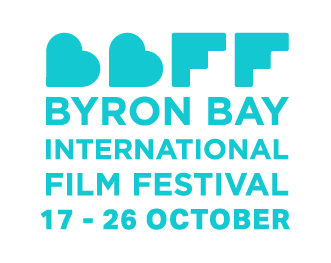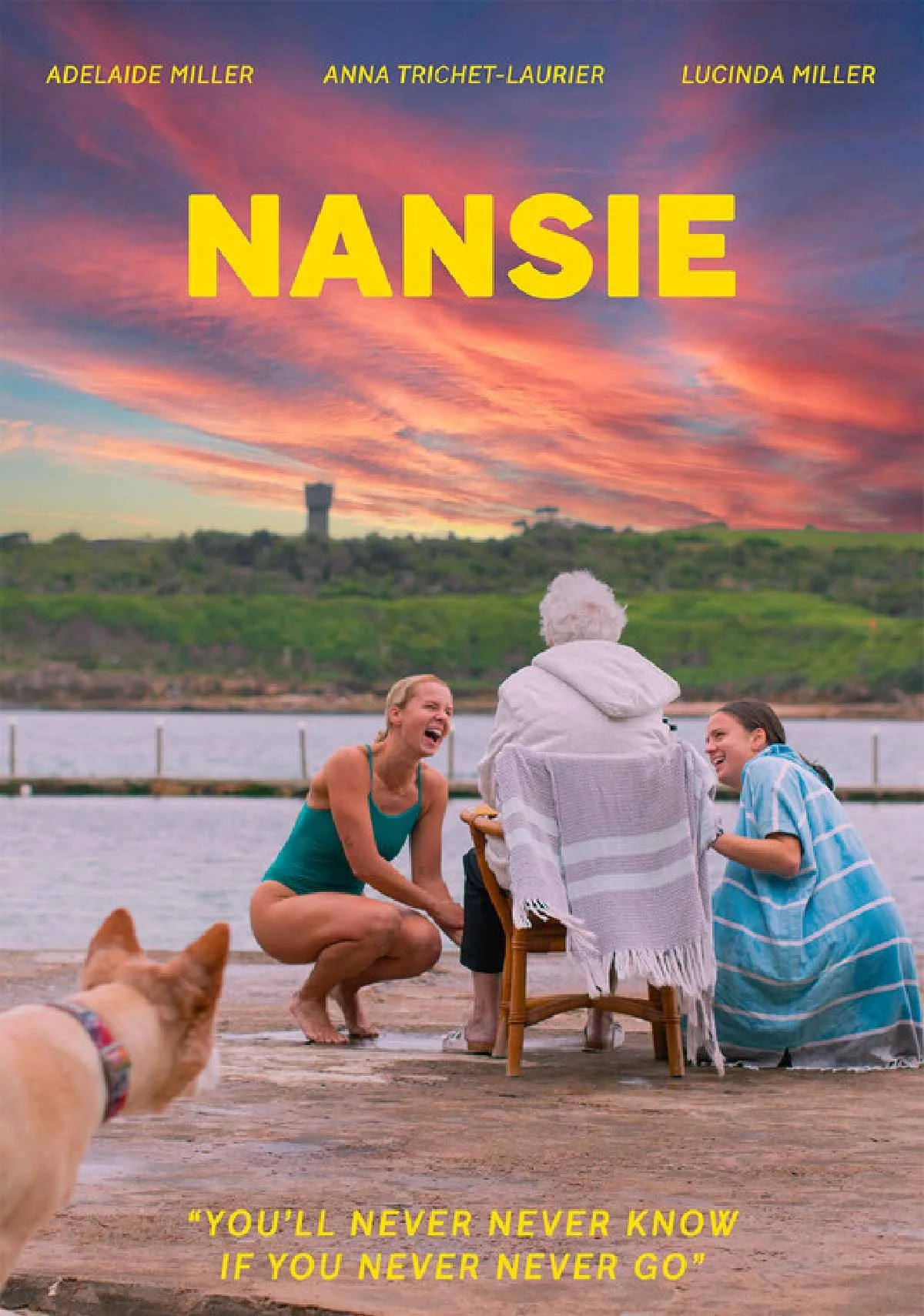BBFF2025 Meet the Filmmaker: Anna Trichet-Laurier
Nansie
Anna Trichet-Laurier is a producer and director whose work weaves together environmental urgency and human resilience. With award-winning projects spanning National Geographic (Save This Shark, Save This Rhino), Stan (Misunderstandings of Miscarriage), and Channel 7 (Here for the Horses), Anna has built a career bringing powerful real-world stories to the screen. Her independent debut feature, Nansie — a deeply personal and moving portrait created with journalist Adelaide Miller — affirmed her voice as a storyteller to watch, earning recognition at Sydney Film Festival and the Asian Academy Creative Awards.
How did you come to create/discover the story in your film? Was there someone you met or something you experienced that sparked the idea?
Ageing has always been a topic of interest for me. From a young age I’ve always loved spending time with my Grandma and her friends, hearing their stories and their knowledge on life.
But when I turned 13, things started to go wrong. My little brother and I spent all our school holidays with her as our parents were always working. We started to see Grandma Rosette doing all sorts of strange things around the house - getting into the car using the wrong door, making tea over and over again... We told our dad and our uncle, but they told us to stop making up stories.
It got to the point where we really felt unsafe being in the car with her or alone in her secluded house. When the adults finally realised what was happening, she got diagnosed with a form of dementia and placed in a nursing home. No other explanation.
I loved my grandma so much (she sneakily taught me how to read before I even went to school) that I decided to not see her ever again, afraid I would forget “the real her.”
When I met Adelaide and Lucinda and heard their story, I realised I could have done so much more for her, if only I had a bit of support back then. She loved playing any sort of games, she loved watching the birds out of the window - I could have easily done that with her.
I embarked on this journey with the two sisters in the hope of inspiring young people to spend time with their loved ones and not make the mistake I made at the time. It’s not all scary in there, and there is so much that can be done.
Have you always wanted to be a filmmaker, and what path brought you here?
I first became interested in film during my studies when I discovered classic French and American films from the 1950s. Later, almost by coincidence, I began working on documentaries, and from that moment I knew I couldn’t imagine myself doing anything else. What excites me most is that every project feels like stepping into a completely new world — diving deep into a subject, learning as much as I can, and telling its story. In this work there’s no such thing as routine, and that constant sense of discovery is what I love most.
Did you face any challenges when making or developing it and if so how did you over come them...?
The biggest challenges came during COVID, when the nursing home went through repeated lockdowns. This had a direct impact on Nansie, whose condition worsened each day without exercise or access to fresh air. We had to continually adjust and refine the story to work around these circumstances. It was difficult, but in the end, those challenges pushed us to sharpen the film’s focus and message.
More than 1.5 million Australians care for someone living with dementia, and it is the leading cause of death for women. But very little is preparing us for that. There is a disconnect between our younger generations caring for a loved one living with dementia. This film is not about blame, but rather to inspire others to support family and friends living with the disease. Through their personal journey, the two sisters hope to humanise the disease by showing quality moments with their nana. Dementia and nursing homes can be confronting and they want to give viewers tools and ideas on how they can show up in their own lives.
Why did you want to be part of BBFF2025?
The film has a deep connection to the ocean and swimming, and I feel that an audience in Byron Bay - where the sea is such a central part of life - would be especially receptive to that. It feels like the perfect place to share this
Your film shares such a personal and universal story about family and dementia. What do you hope audiences take away from it, and how do you want them to connect with the experiences shown on screen?
I hope the audience can see a little of themselves in this story and feel less alone.
Across the last five years, the two girls haven’t seen any other young people in their Nana’s nursing home. Their goal is to become living proof that spending time with people suffering from a mental illness like dementia can still be rewarding, and often, beneficial for the individual caring as well. Through their experience in the film, they are giving away tools and ideas for people to use when visiting a loved one, and show that life doesn’t’ stop at the diagnosis.
What advice would you offer to aspiring Filmmakers?
Choose a story that truly matters to you - something you care about deeply. When a project comes from that place, it sustains you through the years of work it often takes to bring a film to life. Audiences and festivals can feel that authenticity in the final work, and that makes all the difference.





